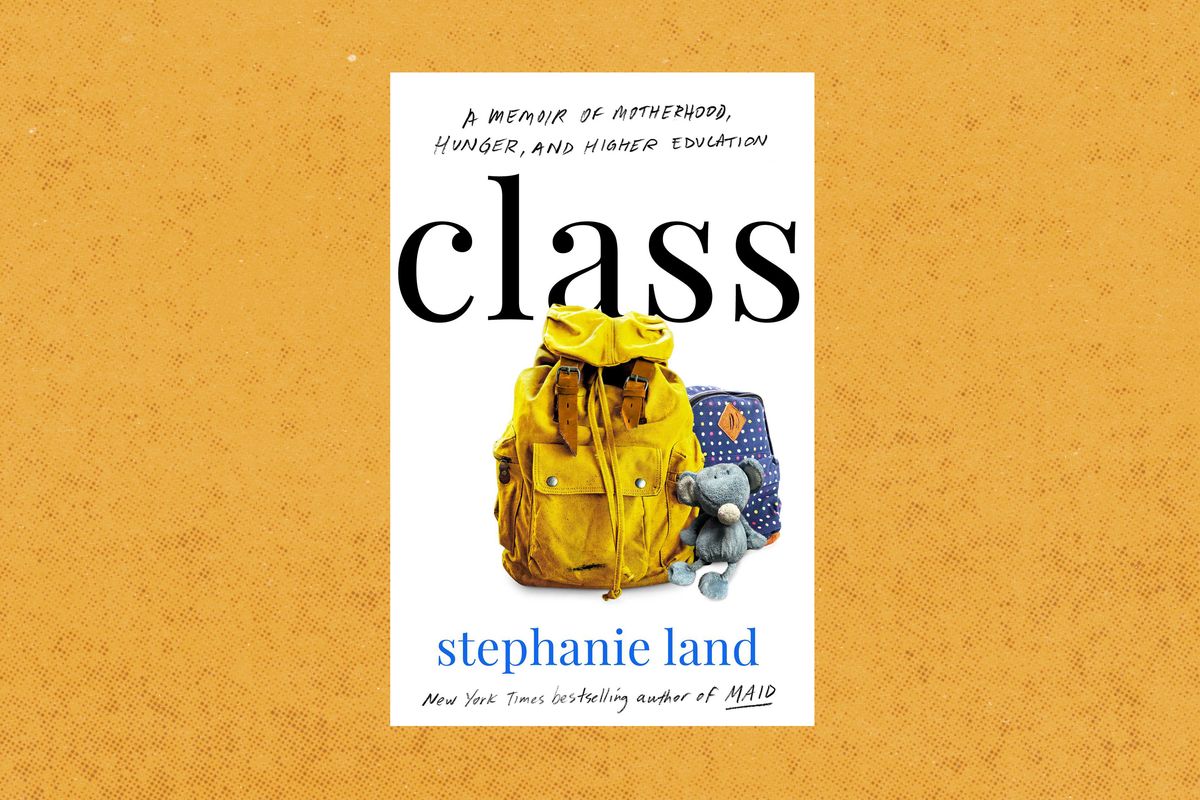After huge success with ‘Maid’ Stephanie Land dives deeper into the systemic issues impacting those in poverty in ‘Class’

Those left hungry for more of Stephanie Land’s story following her 2019 memoir “Maid” are in luck.
Her new book, “Class: A Memoir of Motherhood, Hunger, and Higher Education,” takes the reader through Land’s senior year of college – but, true to life, it doesn’t wrap things up with a bow on top.
Instead, it shows Land’s raw struggle with food insecurity, loneliness, unplanned pregnancy and finishing college, leaving readers with an insight into life below the poverty line and the harsh reality that there is no easy way out.
Land will discuss her book and her life after massive success at Northwest Passages at 7 p.m. Nov. 29 at Gonzaga University’s Myrtle Woldson Performing Arts Center.
“Class” picks up about a year and half after the end of “Maid” as Land pursues her bachelor’s degree in English and creative writing at the University of Montana.
At a baseline, Land has to navigate her daughter Emilia starting kindergarten, working part time and taking a full load of classes. That doesn’t count the other things life throws her way, like a car that won’t start, trouble with her daughter’s abusive father, and unexpectedly getting pregnant.
Part of what draws readers to Land, she acknowledges, is her willingness to write about things that she and others find embarrassing and the feelings that come with it.
Being in poverty is often a lonely experience. That loneliness is a huge theme in “Class.”
“It was really hard for me to open up to people anyway because it was kind of embarrassing I guess or I didn’t really know anyone else who was hungry or constantly worrying about if they can afford food or not,” Land said. “So my response to all of that was just to hide it so that kind of meant that I just didn’t feel like any of my friendships could be authentic either.”
While it was hard to let people in, Land also knew she needed to retain who she was as a person. She didn’t want to get lost in only being poor or only being a mother. So she dated.
“I was trying to meet people, I was trying to keep up, or just kind of feed the part of me that was – me,” Land said. “I didn’t really wrap up all of my identity in being a mom and I really needed to, I don’t know, honor who I was as a person, especially going to school and pursuing a degree in writing. I couldn’t allow myself to sort of get swallowed up by this identity of being a mom.”
She writes about sex, abortion, more sex and ultimately continuing her pregnancy with her second daughter and graduating during her third trimester. That decision to write about sex was important but has resulted in some “pretty mortifying” moments, Land said, with a chuckle. She doesn’t regret it though.
“There’s kind of this pressure by society not just for mothers in general but for single moms to be almost angelic and, you know, the friends that I’ve had that are single moms are not,” Land said. “I thought it was really important to show that if you’re out there telling single moms that their children would be happier if it was a two-parent household that means she has to date.”
Like many pressures society puts on the impoverished, there’s a right way to do things that doesn’t always line up with real life.
“I don’t know what an acceptable way (is) – maybe in, like, a frilly blouse or a turtleneck or something,” Land said of dating.
That willingness to question social norms while also being brutally honest about her own life is what Land believes helps her story ring true to readers.
“I think the deepest part of honesty and vulnerability is where we connect with people,” Land said. “In conversation that’s kind of where the trust happens and building on that and building on relationships. In writing that is where you find a lot of connection with the reader, in just helping everyone not feel as alone.”